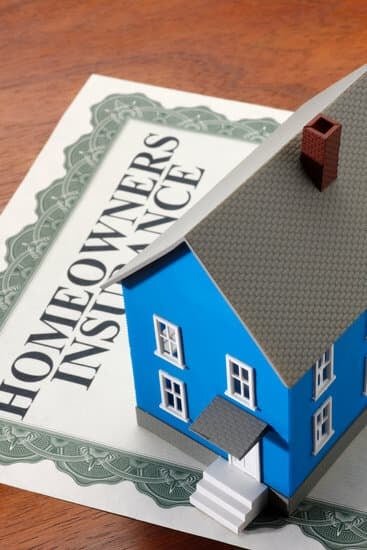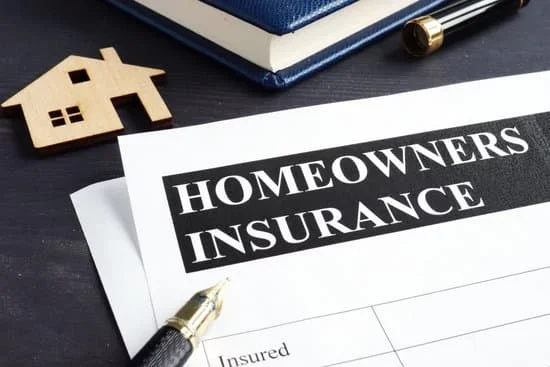Understanding Homeowners Insurance Requirements in Florida

To sell your Florida house successfully, you must grasp homeowner’s insurance laws. Florida homes insurance protects your property from natural catastrophes like hurricanes and from liability and potential damages during the selling process. So, it protects you both ways.
As the closing date approaches, sellers should have enough coverage. They do this to safeguard themselves from unforeseen tragedies while in ownership of the property. Checking your insurance and being aware of state-specific legislation or lender requirements that may affect coverage needs is crucial. These factors must also be understood.
Florida’s environment and risk factors are unique, so it’s sometimes important to take extra safeguards like buying windstorm or flood insurance. Issues like mold and foundation problems can influence insurance needs, premium prices, and buyer interest. Addressing these concerns proactively helps sellers assure legal compliance and ease the transition for buyers, who often acquire some policy components. Understanding these characteristics allows sellers to resolve issues efficiently and present their property more confidently.
What Happens to Homeowners Insurance When a House Is Sold?
You must comprehend your homeowner’s insurance policy before and after selling your Florida home. The homeowner must keep their house insurance policy active until the transaction is finalized and the buyer takes possession.
This protects the property from potential damages or liabilities during transition. Notify your insurer immediately after selling your Florida house. This lets them cancel or change your policy to reflect the new terms.
Thus, sellers must collaborate with their real estate buyers to guarantee a smooth transfer and prevent coverage gaps that could harm either side. Buyers usually get homeowner’s insurance before closing. This guarantees indefinite protection from the time they move into the house until they leave. These measures will help you sell your Florida home including major cities like Jacksonville, Tampa and Orlando. These actions involve transferring or cancelling homeowner’s insurance.
Do You Need Homeowners Insurance to Sell a House in Florida?

Understanding homeowners insurance is essential when selling a Florida house. Homeowners insurance is not required to sell your home, but it is recommended that you keep it until the sale is complete.
Thus, this protects against theft, fire, and natural disasters during product sales. To protect your house against Florida’s hurricanes and tropical storms, you need comprehensive homeowners’ insurance with windstorm and flood coverage. This is the only method to safeguard your home.
Keeping your insurance coverage current gives potential purchasers piece of mind that the home has been well-maintained and protected. Another point of interest is that most mortgage lenders require sellers to maintain a valid homeowner’s insurance policy until closing. Most mortgage loan arrangements need this.
If your homeowner’s insurance coverage is current, you can protect your investment and make selling your Florida home easier for you and the buyer. Because your policy covers investments.
Who Pays for Title Insurance When Selling a House in Florida?

When selling a home in Florida, you must know who pays for title insurance. Local customs and real estate contract specifications can change the duty to pay the title insurance premium in most cases. This is because the requirement could change.
Florida sellers typically pay for owner’s title insurance as part of closing costs. This is typical. Especially popular are Miami-Dade and Broward counties. However, in other parts of Florida, buyers may be accountable for this cost.
After the transaction, title insurance protects against legal claims or property ownership disputes. This ensures a smooth ownership transfer and gives both parties peace of mind.
Make it clear who will pay title insurance when selling your home. It will prevent misunderstandings. When selling your home, consult Central Florida Property Investors which can help you understand title insurance and buys your House without hassels. Contact us today!
How Long Are You Liable After Selling a House in Florida?
You must understand your post-sale responsibilities when selling a Florida home. Florida sellers may be accountable for some issues after closing. The seller is usually liable for any hidden flaws or misrepresentations throughout the transaction. Florida law requires sellers to disclose any significant problems that may affect property value or desirability.
If this protection is not taken, buyers may sue for repairs or other losses after the sale. Sellers must maintain comprehensive home insurance until the transaction is finalized and beyond to guard against unanticipated claims related to these liabilities.
In this competitive market, consult a Florida real estate attorney who knows the disclosure regulations before selling your home. This will help ensure a smooth transition and reduce liabilities.
| INSURER | UNINSURED | PREMIUMS | INSURANCE COMPANIES | HOME INSURANCE | HOMEOWNERS’ INSURANCE |
| LAWYER | LEGAL SERVICES | REAL ESTATE LAW | INSURANCE POLICIES | PRICE | MONEY |
| PERSONAL LIABILITY | ESCROW | ESCROWED | ESCROW ACCOUNT | VANDALISM | SUED |
| LITIGATION | INTERESTS | STATE OF FLORIDA | COMMUNICATIONS | PAYMENTS | OUT-OF-POCKET |
| INFORMATION | APPRAISER |

![Homeowners Insurance when selling a house in [market_city]](https://image-cdn.carrot.com/uploads/sites/34502/2025/04/homeowners-insurance-when-selling-a-house-in-Florida.png)
